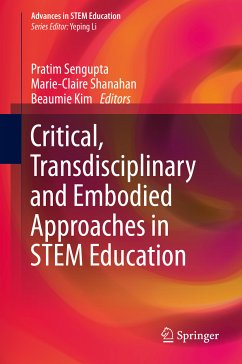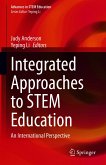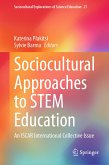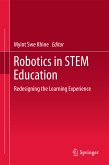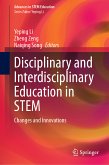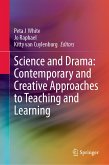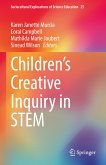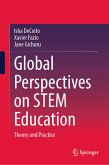Over the past decade, integrated STEM education research has emerged as an international concern, creating around it an imperative for technological and disciplinary innovation and a global resurgence of interest in teaching and learning to code at the K-16 levels. At the same time, issues of democratization, equity, power and access, including recent decolonizing efforts in public education, are also beginning to be acknowledged as legitimate issues in STEM education. Taking a reflexive approach to the intersection of these concerns, this book presents a collection of papers making new theoretical advances addressing two broad themes: Transdisciplinary Approaches in STEM Education and Bodies, Hegemony and Decolonization in STEM Education. Within each theme, praxis is of central concern including analyses of teaching and learning that re-imagines disciplinary boundaries and domains, the relationship between Art and STEM, and the design of learning technologies, spaces and environments.In addition to graduate research seminars at the Masters and PhD levels in Learning Sciences, Science Education, Educational Technology and STEM education, this book could also serve as a textbook for graduate and pre-service teacher education courses.
Dieser Download kann aus rechtlichen Gründen nur mit Rechnungsadresse in A, B, BG, CY, CZ, D, DK, EW, E, FIN, F, GR, HR, H, IRL, I, LT, L, LR, M, NL, PL, P, R, S, SLO, SK ausgeliefert werden.

